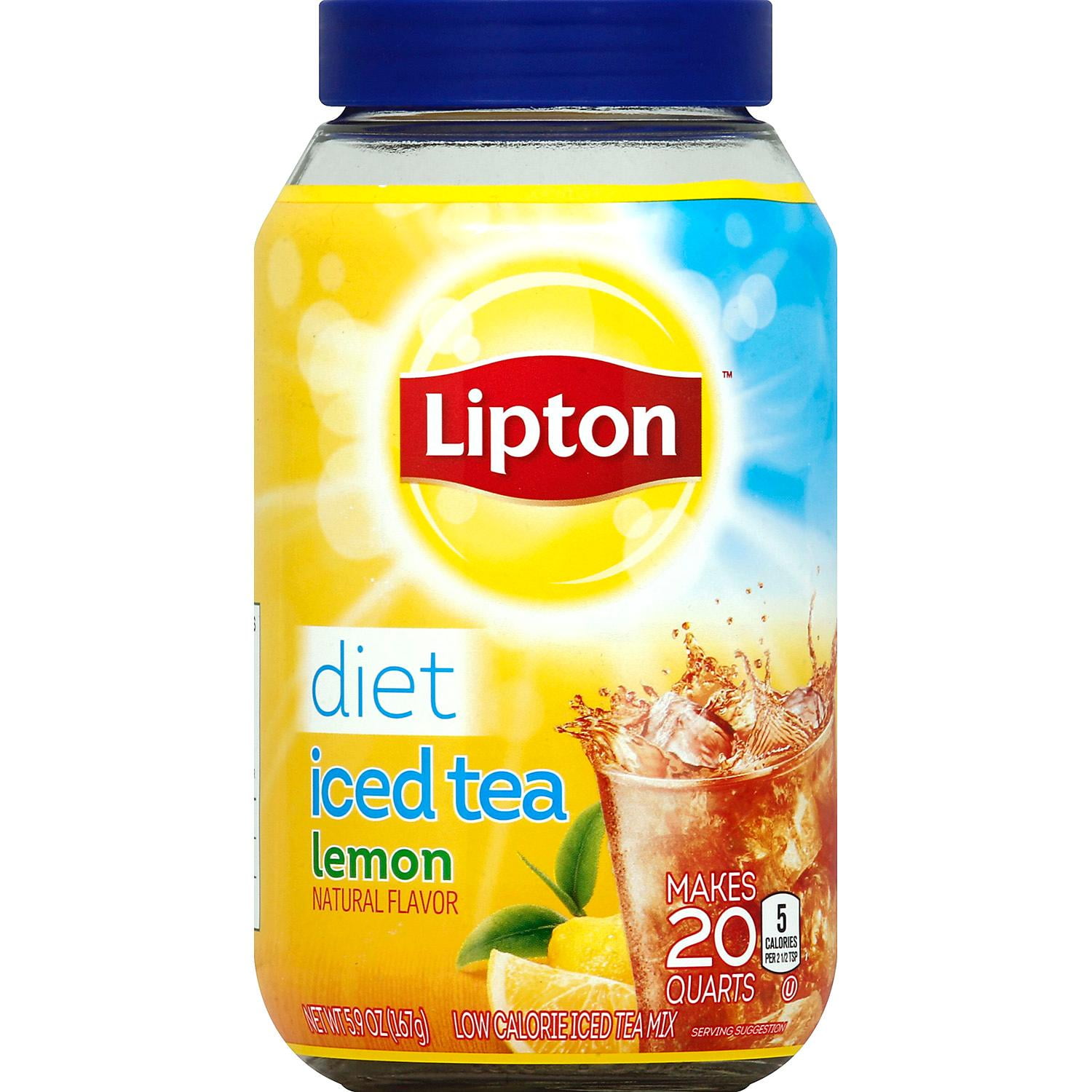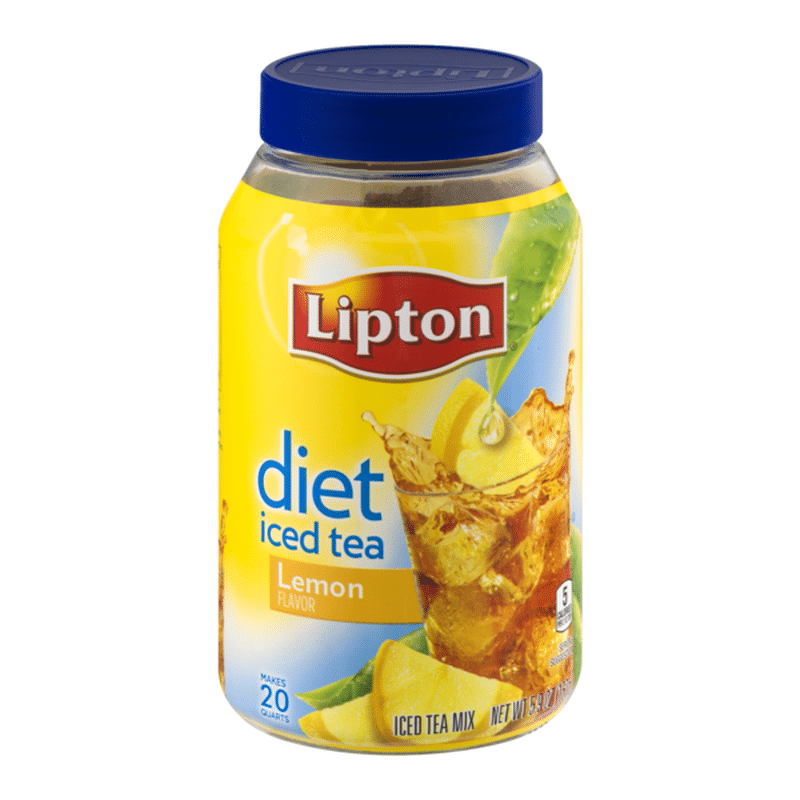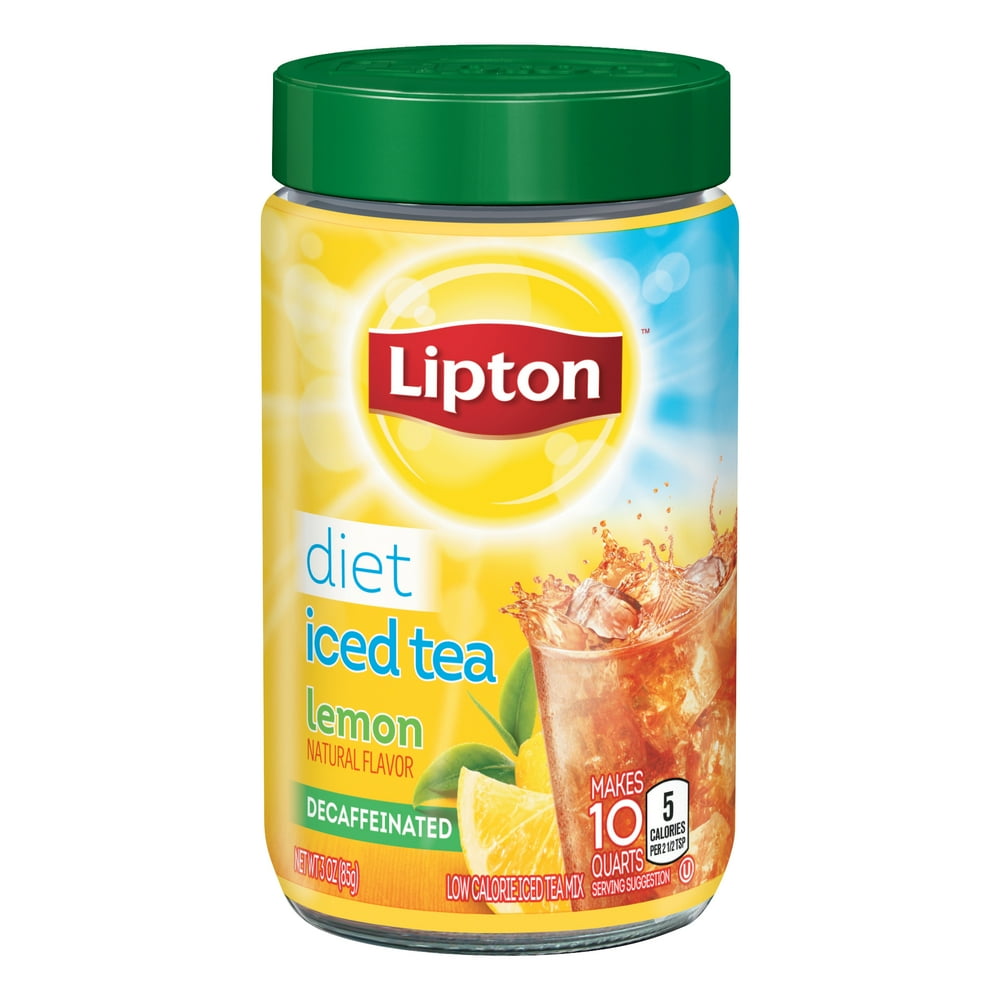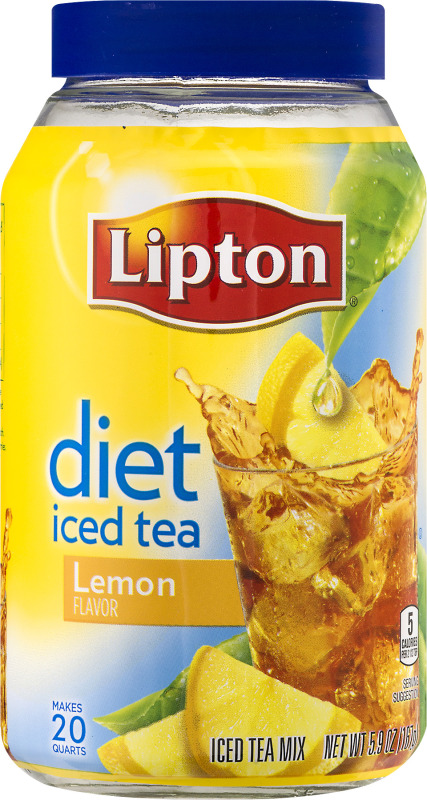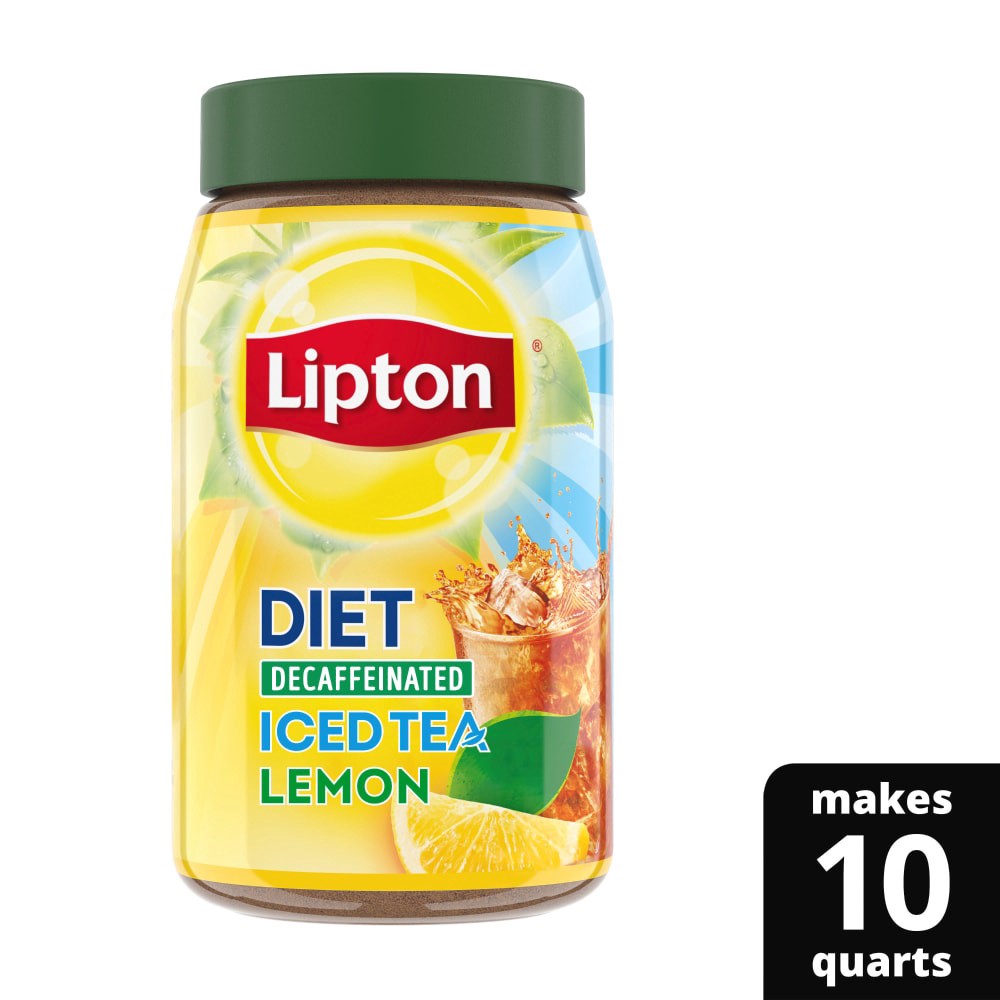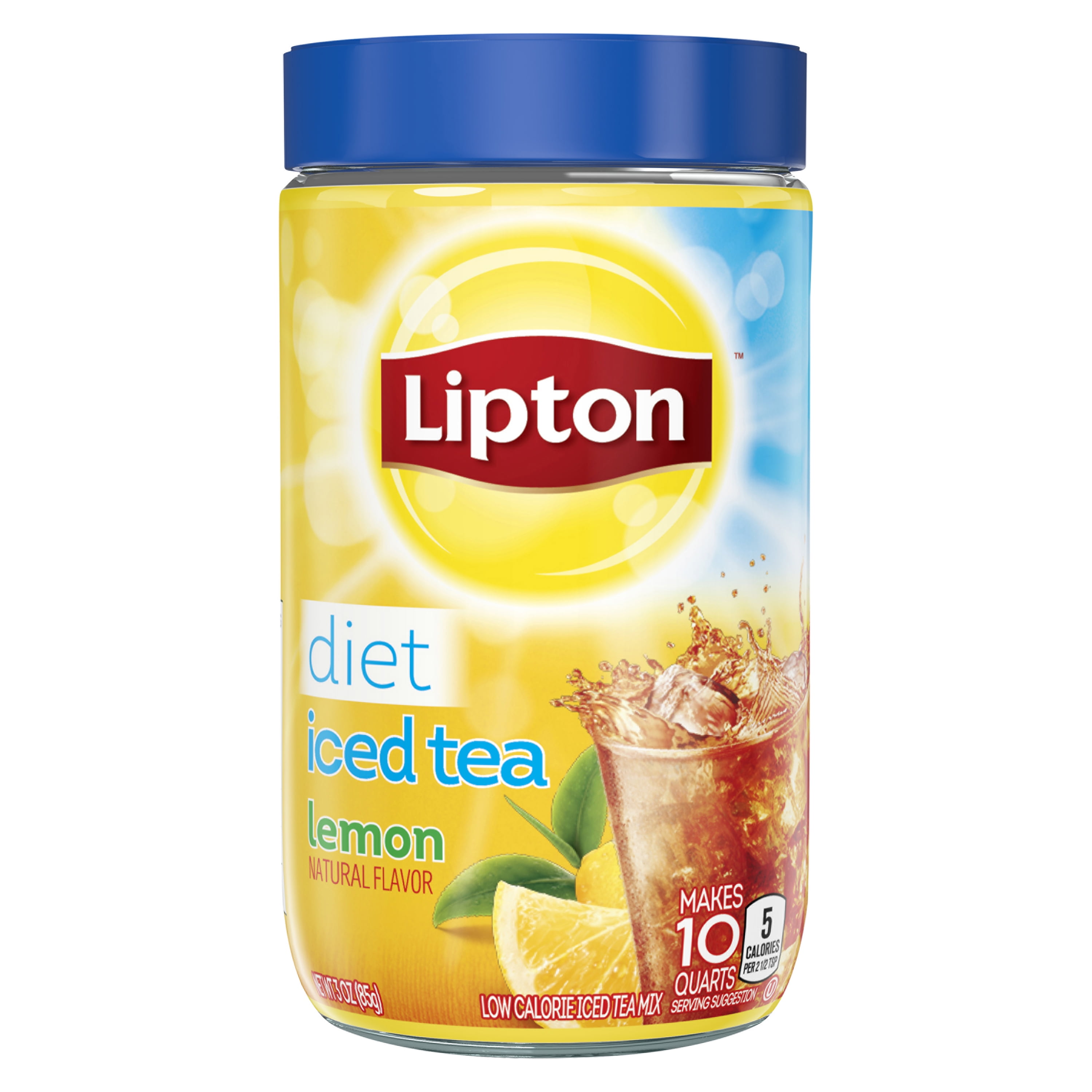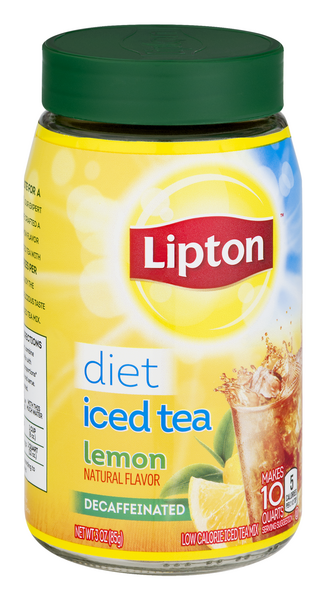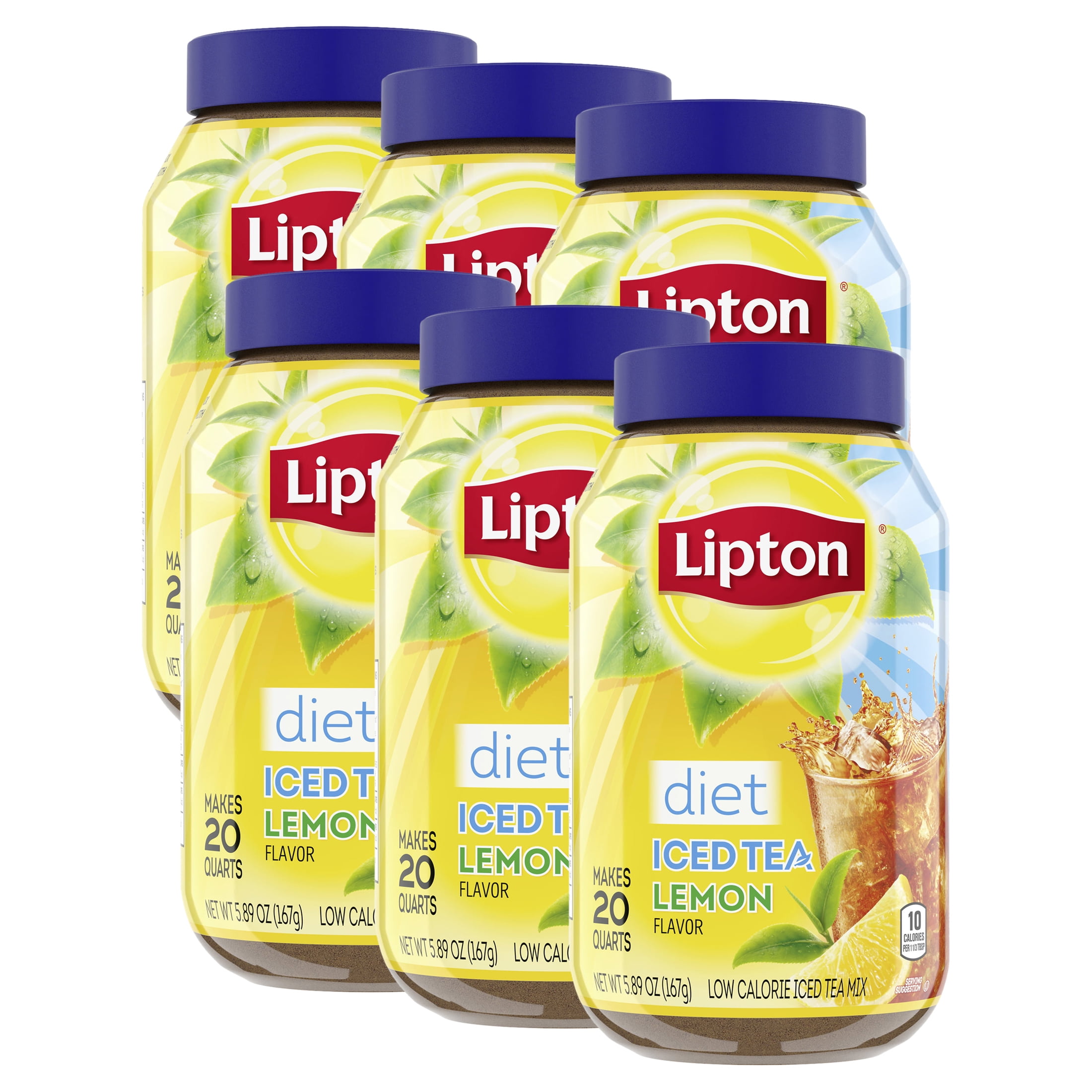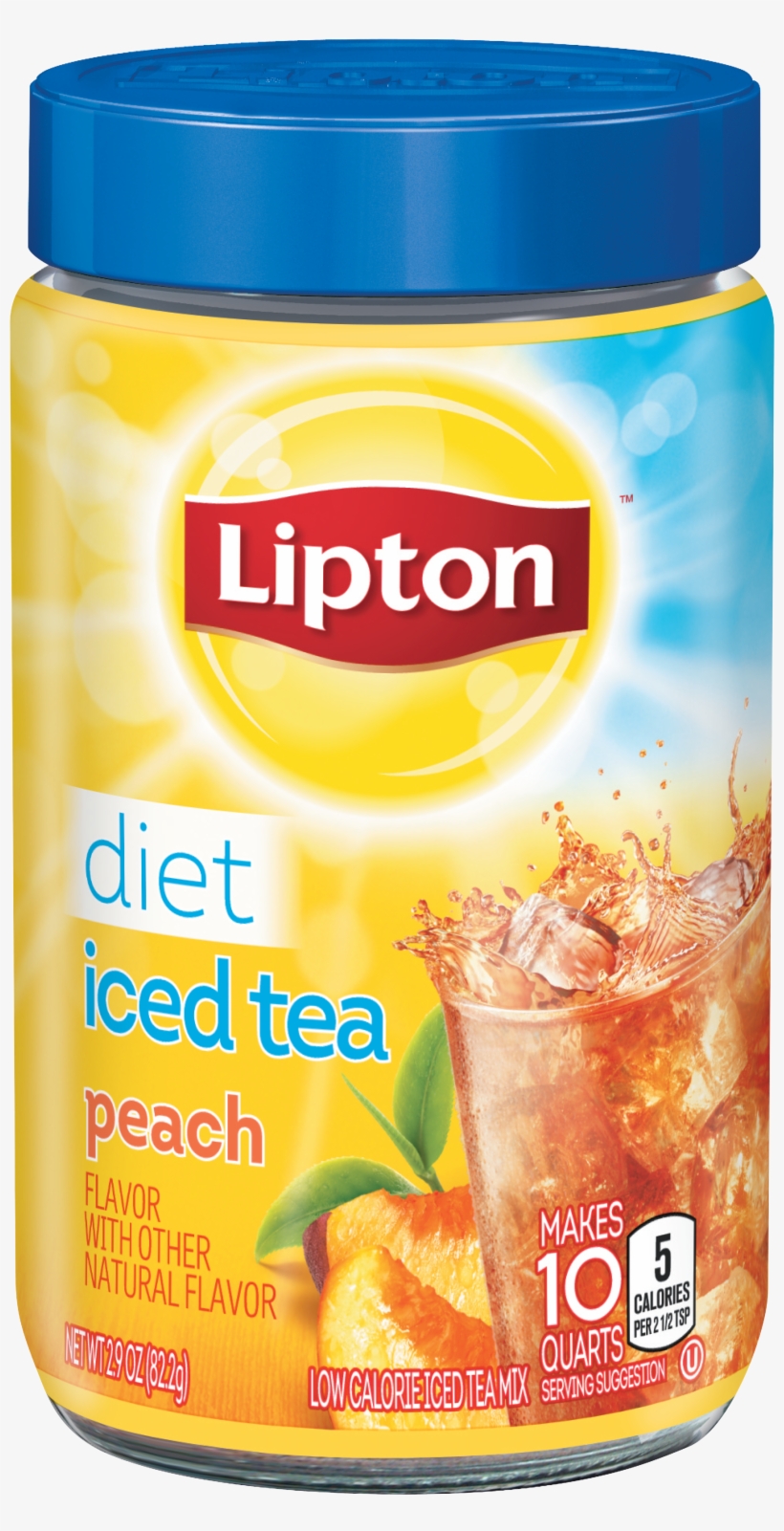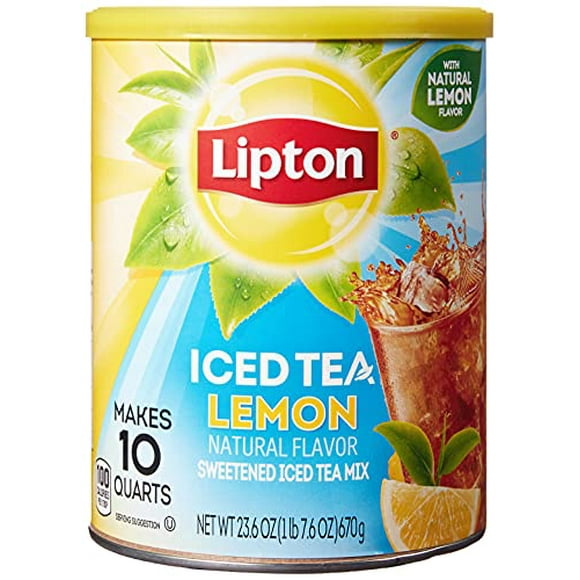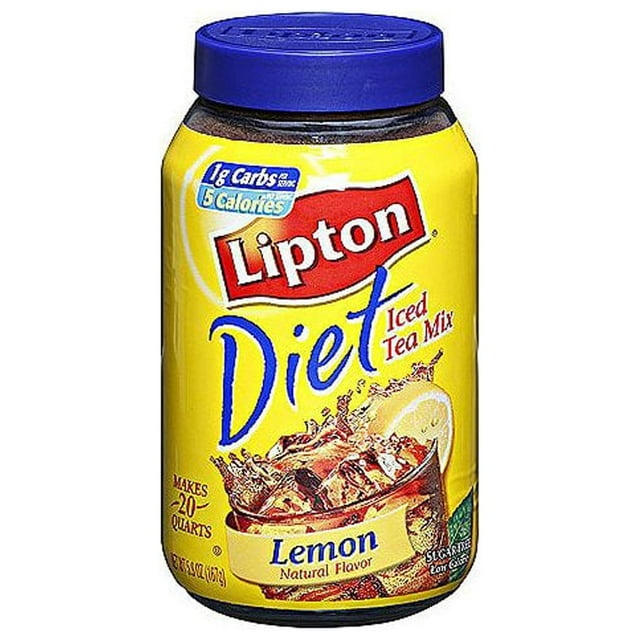Lipton Diet Iced Tea Mix Lemon

For decades, Lipton Diet Iced Tea Mix Lemon has been a staple in many households, offering a convenient and refreshing beverage option. Recently, however, the product has been the subject of increased scrutiny regarding its ingredients, nutritional value, and overall place in a health-conscious society.
This article aims to provide an objective overview of Lipton Diet Iced Tea Mix Lemon, exploring its composition, market presence, and consumer perceptions. It will also examine the broader context of diet beverage consumption and its potential implications for public health.
Product Overview
Lipton Diet Iced Tea Mix Lemon is a powdered beverage mix designed to be dissolved in water to create a low-calorie iced tea. It is marketed as a sugar-free alternative to traditional iced tea and other sugary drinks. Key ingredients typically include citric acid, maltodextrin, instant tea powder, aspartame, acesulfame potassium (artificial sweeteners), and artificial flavors.
The product is widely available in supermarkets, grocery stores, and online retailers across North America and other regions. Unilever, the parent company of Lipton, reports that the diet iced tea mix continues to hold a significant share of the powdered beverage market.
Nutritional Profile and Health Concerns
A single serving of Lipton Diet Iced Tea Mix Lemon typically contains very few calories and no sugar. The primary concern regarding its nutritional profile centers around the use of artificial sweeteners.
Aspartame and acesulfame potassium, commonly used in diet beverages, have been the subject of ongoing debate and research. Some studies suggest potential links between artificial sweetener consumption and various health issues, including changes in gut microbiota and increased cravings for sugary foods.
The Food and Drug Administration (FDA) has approved both aspartame and acesulfame potassium for use in food and beverages, stating that they are safe when consumed within acceptable daily intake levels. However, some consumers remain wary of these additives and seek alternatives.
Market Trends and Consumer Preferences
The demand for low-calorie and sugar-free beverages has been steadily increasing in recent years. This trend is driven by growing awareness of the health risks associated with excessive sugar consumption, such as obesity, type 2 diabetes, and cardiovascular disease.
Lipton Diet Iced Tea Mix Lemon caters to this demand by providing a convenient and affordable option for consumers seeking to reduce their sugar intake. However, the market is also witnessing a rise in demand for beverages sweetened with natural alternatives like stevia and monk fruit.
Many consumers are actively seeking products with cleaner ingredient lists and fewer artificial additives. This shift in consumer preference is prompting beverage manufacturers to explore and adopt alternative formulations.
Impact and Implications
The popularity of Lipton Diet Iced Tea Mix Lemon and similar diet beverages has implications for public health. While these products can help reduce sugar intake, the long-term effects of artificial sweeteners remain a topic of ongoing research.
The widespread consumption of diet beverages could potentially influence taste preferences and contribute to a reliance on overly sweet flavors. It is important for consumers to be aware of the ingredients in these products and to make informed choices about their beverage consumption.
Educating the public about the potential risks and benefits of artificial sweeteners is crucial. Healthcare professionals and public health organizations play a vital role in providing accurate information and guidance.
A Human Perspective
For many, Lipton Diet Iced Tea Mix Lemon evokes a sense of nostalgia, reminding them of childhood summers or family gatherings. The product has become a familiar and comforting part of their lives.
Sarah Miller, a long-time consumer of the product, shared her perspective: "I've been drinking Lipton Diet Iced Tea since I was a teenager. It's a quick and easy way for me to enjoy a refreshing drink without all the sugar. I'm aware of the concerns about artificial sweeteners, but I try to consume them in moderation."
Her sentiment is echoed by many others who appreciate the convenience and low-calorie aspect of the beverage. The challenge lies in balancing personal preferences with informed health decisions.
Looking Ahead
The future of Lipton Diet Iced Tea Mix Lemon and the broader diet beverage market will likely be shaped by evolving consumer preferences and ongoing research on artificial sweeteners. Manufacturers may need to adapt their formulations to meet the growing demand for cleaner and more natural ingredients.
Increased transparency in labeling and marketing practices will also be essential. Consumers deserve access to clear and accurate information about the products they consume.
Ultimately, the decision of whether or not to consume Lipton Diet Iced Tea Mix Lemon is a personal one. By staying informed and making conscious choices, individuals can integrate this product, or similar alternatives, into a balanced and healthy lifestyle.
